Labeling plastic surfaces involves tackling diverse challenges, such as varying surface energies, textures, and chemical compositions. Different types of plastics, from polyethylene to polycarbonate, affect how well labels adhere and endure over time. Sectors like packaging, consumer goods, and medical devices require versatile labeling solutions that ensure durability and legibility.

Plastic surfaces vary widely in their properties, ranging from low to high surface energy, which significantly impacts adhesive bonding. The diverse textures and chemical compositions of plastics, such as polyethylene, polypropylene, and polycarbonate, add to the complexity of ensuring durable label adhesion. Environmental factors like exposure to UV light, moisture, and chemicals also play a critical role in determining the effectiveness of labeling solutions for plastic materials.
Plastic materials vary widely from low to high surface energy, which directly affects how effectively adhesives can bond.
Textured plastic surfaces improve adhesive grip, while smooth surfaces are prone to peeling, and require specialty adhesives.
Plastic injection labeling requires specialty non-adhesive labels to withstand the heat and pressure of the molding process.
Labels on plastic surfaces need high shear and peel strength to resist external forces that could cause them to shift or lift.
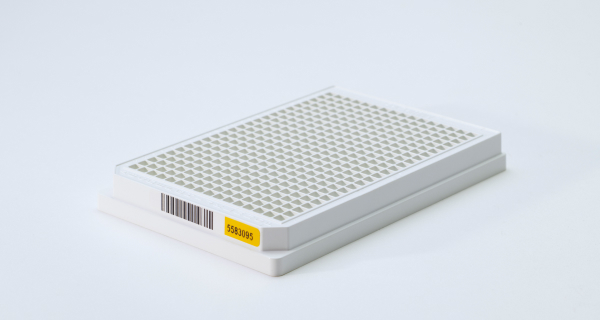
Labeling plastic surfaces involves navigating a range of challenges due to the varying surface energies of different plastics. Low surface energy plastics, in particular, require careful preparation and specialized adhesives to ensure a strong bond. Surface treatments like corona or plasma can temporarily increase surface energy, allowing adhesives to wet out more effectively and adhere properly.
In some cases, adhesives may include special tackifiers or primers to enhance bonding with difficult surfaces. High surface energy plastics, on the other hand, are more straightforward, typically working well with standard acrylic-based adhesives. The choice of adhesive and any necessary surface preparation depend on the specific type of plastic and its intended use.
Plastic labeling is essential in medical devices, laboratory equipment, and packaging industries. These sectors rely on durable labeling solutions that can withstand sterilization, chemical exposure, and physical handling. Effective plastic labeling ensures the identification and traceability of medical components, labware, and consumer products.
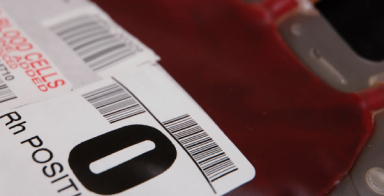
Plastic is extensively used in medical devices, where labels must provide clear, durable identification, often in sterile environments.
These labels need to adhere securely to plastic surfaces that may have been treated with plasma or corona to increase surface energy.
Compatibility with sterilization processes and resistance to chemicals used in medical settings are also critical considerations.
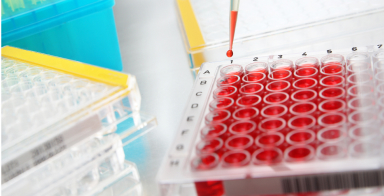
Plastic labware, such as pipettes, Petri dishes, and storage containers, requires labels that can withstand chemical exposure, autoclaving, and freezing.
Labels must adhere to a variety of plastic types, ensuring they remain legible and intact throughout rigorous lab procedures.
The ability to resist harsh conditions while providing reliable identification is essential in laboratory settings.
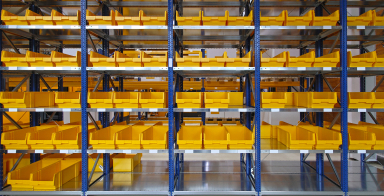
Plastic storage bins, pallets, and containers require durable labels that can withstand frequent handling, exposure to dust, and varying temperatures.
These labels must maintain their adhesion and legibility over time, ensuring accurate inventory management and tracking.
Labels used in this environment need to resist wear and tear, as well as potential exposure to cleaning chemicals and moisture.
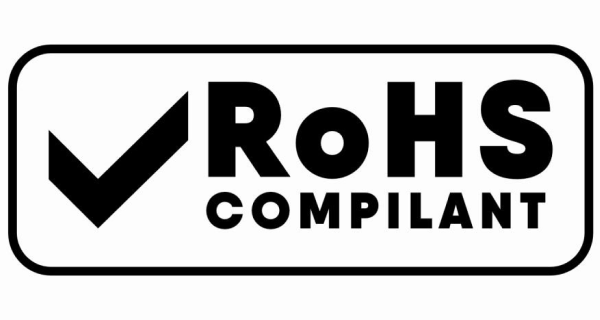
Labeling plastic surfaces must adhere to several key regulations, including FDA 21 CFR Part 175.105, which ensures that adhesives used on plastic food containers are safe for indirect contact. ISO 11607 specifies requirements for labeling on plastic medical devices, particularly their ability to withstand sterilization processes.
REACH (Registration, Evaluation, Authorization, and Restriction of Chemicals) regulations in the EU ensure that the chemicals in adhesives and inks used on plastic labels are safe for human health and the environment. CPSIA (Consumer Product Safety Improvement Act) governs the labeling of plastic products for children, enforcing limits on harmful chemicals like lead and phthalates. Meeting these regulations is critical for compliance and product safety.
Labeling plastic surfaces demands careful material selection to address varying surface energies and textures. Using the appropriate adhesive and face stock ensures secure adhesion and resistance to chemicals or sterilization. Tailoring these components is key to reliable performance on plastic surfaces.
We maintain a comprehensive inventory of solvents, acids, bases, and industrial chemicals for material testing.
T-peel, 180-degree peel, and shear tests are crucial for evaluating how well labels stick to metal surfaces.
Our advanced equipment is capable of testing label performance fom as low as -296°C all the way up to 600°C.
We use the Taber abrader to help us determine how well labels materials can withstand wear and tear in demanding environments.
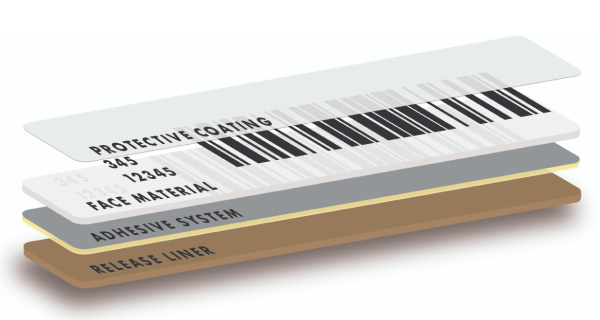
Our label materials for plastic surfaces are engineered to handle the diverse properties of plastics, from low to high surface energy and varying textures. The right combination of adhesives and face stocks ensures that labels adhere securely and perform reliably, even in challenging environments.
For plastic products, we offer advanced marking and labeling solutions that go beyond traditional adhesive labels to provide more permanent and durable identification. These options are particularly effective for items like plastic storage bins, tubes, microplates, and other labware that are frequently subjected to harsh environments, cleaning processes, and heavy use.
Our advanced techniques can withstand exposure to chemicals, abrasion, and temperature extremes, making them ideal for applications where durability is critical. While these solutions are most commonly used in laboratory settings, we can also qualify other plastic products for these advanced labeling methods. If you have specific needs or challenging applications, reach out for a tailored solution.
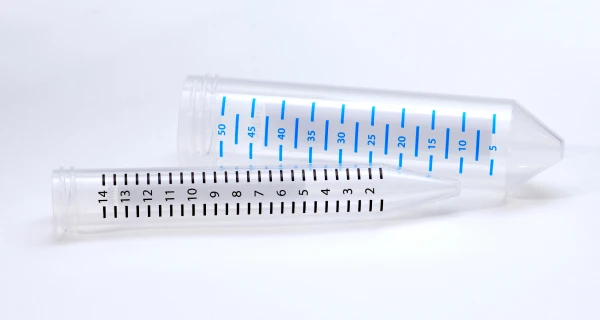
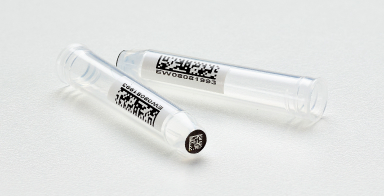
Cured inks are applied directly onto plastic surfaces and then hardened using UV or heat curing. This method creates a durable, abrasion-resistant marking that adheres securely to the plastic, offering high resistance to chemicals and physical wear.
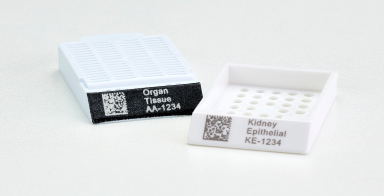
Laser etching uses a focused laser beam to create precise, permanent markings on plastic surfaces. This method produces high-definition images or text that are resistant to fading, abrasion, and chemical exposure, ideal for long-term identification.
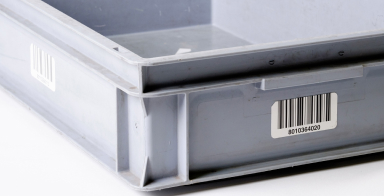
In-mold labels are embedded into plastic products during the molding process, becoming a permanent part of the product. This technique ensures the label is resistant to wear, chemicals, and environmental factors, providing long-lasting identification.
Ensure our labeling solutions meet your plastic product requirements. Submit your information to qualify our materials for your specific applications.

Blood labels ensure accurate tracking of blood samples. They withstand cold storage and handling in critical environments.
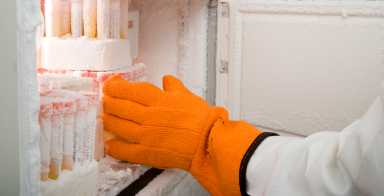
Cryo labels remain durable in extreme cold conditions. Ideal for long-term storage of samples at ultra-low temperatures.
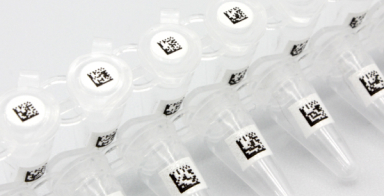
PCR labels provide clear identification for small tubes used in thermal cycling. They are designed to withstand the high temperatures of PCR processes.







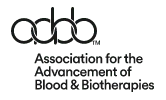




© Computype 2024
© Computype 2024
Take advantage of our volume discounts for bulk orders. Reach out to us for a personalized quote tailored to your needs.
"*" indicates required fields